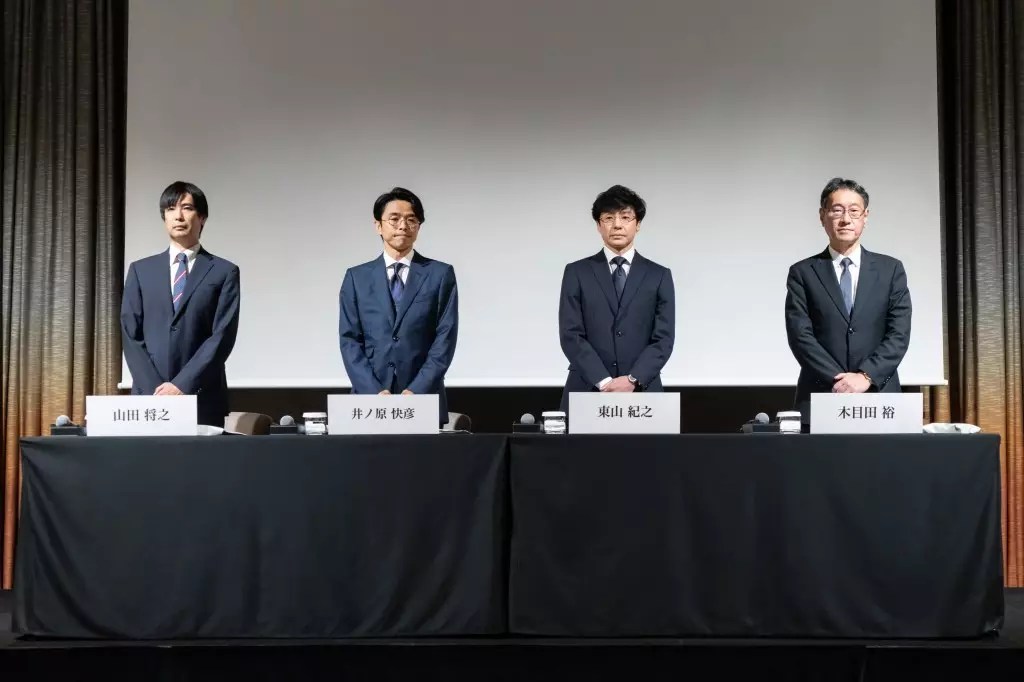The scandal surrounding former J-pop agent Johnny Kitagawa has taken a new turn with close to 1,000 men coming forward to claim they were abused under his supervision. The BBC documentary, “The Shadow of a Predator,” hosted by Mobeen Azhar, sheds light on the harrowing testimonies of individuals who were young boys signed by the Johnny & Associates talent agency. This revelation has sent shockwaves through the industry and raised serious questions about the prevalence of abuse in the entertainment world.
Following the dissolution of Johnny & Associates, Smile-Up emerged as the successor company responsible for handling claims of abuse. However, despite its intentions, Smile-Up has come under fire for its handling of the compensation process. Survivors of Kitagawa’s abuse have criticized Smile-Up for its opaque procedures and lack of timely actions. A lawyer representing these survivors described the company’s process as a “black box situation,” highlighting the need for transparency and accountability in addressing such sensitive issues.
The repercussions of Kitagawa’s alleged abuse have had a profound impact on survivors, with some tragic outcomes. The documentary will include an interview with the wife of a man who tragically took his own life after sharing his story publicly. This heartbreaking event underscores the deep emotional trauma experienced by victims of abuse and emphasizes the urgent need for support and healing in the aftermath of such incidents.
In the wake of the scandal, Smile-Up CEO Noriyuki Higashiyama has acknowledged the challenges facing the company in addressing the needs of survivors. Higashiyama, a former actor, expressed his commitment to meeting with survivors and providing whatever support he can. However, he also admitted his lack of formal training or experience in counseling individuals who have suffered from sexual abuse, highlighting the complex nature of the task at hand.
Industry Fallout
The revelations surrounding Johnny Kitagawa’s alleged abuse have sent shockwaves through the world of Japanese pop culture. The dissolution of his company and the subsequent emergence of Smile-Up have marked a turning point in the industry, forcing stakeholders to confront the dark underbelly of fame and fortune. Kitagawa’s legacy, once celebrated for his contributions to Japanese pop culture, now stands tarnished by the shadow of abuse and misconduct.
The ongoing scandal surrounding Johnny Kitagawa serves as a stark reminder of the pervasive issue of abuse in the entertainment industry. As survivors continue to come forward and seek justice, it is imperative for companies like Smile-Up to prioritize transparency, accountability, and support for those affected by such traumatic experiences. The road to healing and recovery may be long and arduous, but it is essential for the industry to reckon with its past and work towards a safer and more inclusive future.


Leave a Reply